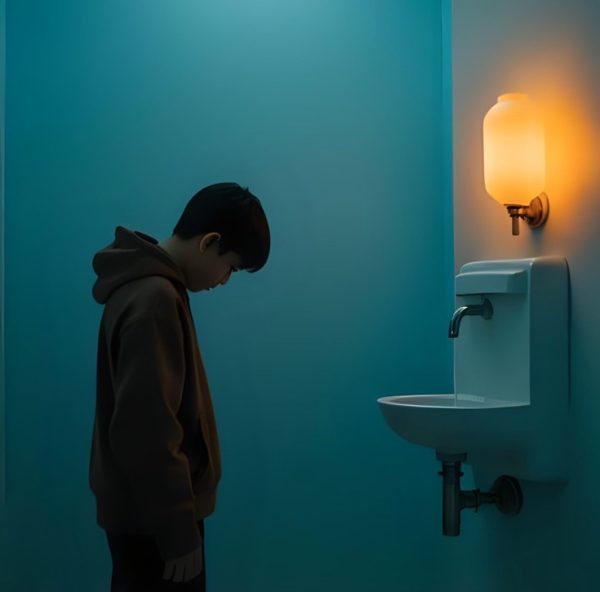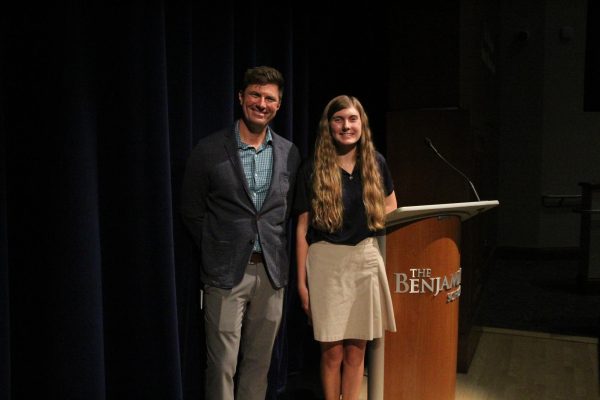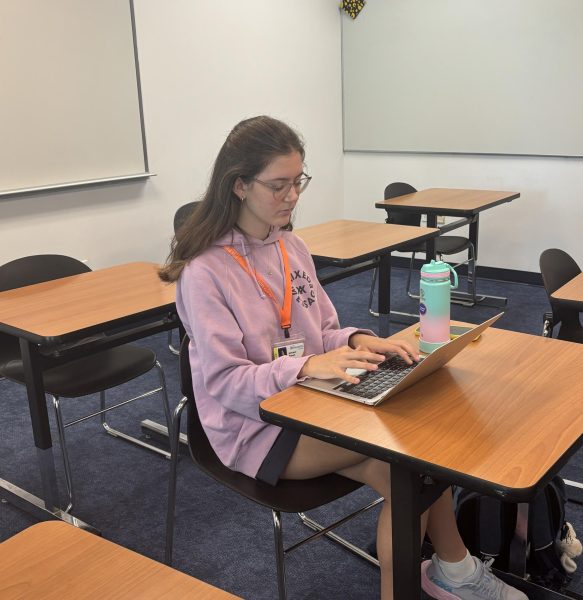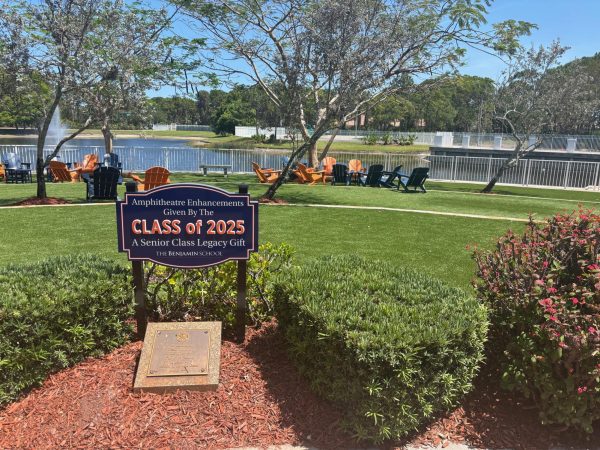Summer of Decisions: Supreme Court Sets Precedent With Multiple Rulings
Crowds gather outside the Supreme Court building in Washington, DC in protest following the announcement of the Dobbs decision. In its decision, the Court seemed to overturn precedents set by Roe v. Wade.
This summer has been very quiet on the school front, but the supreme court has had many important rulings during the summer, including Dobbs v. Jackson Women’s Health Organization, Biden vs. Texas, and Oklahoma v. Castro-Huerta.
On June 24, the historic Supreme Court case allowing abortions and the women’s right to choose, Roe v. Wade, was overturned, causing debates over the decision to quickly ensue. This decision means that abortions will not be legal in most parts of the country with more restrictions to follow, yet many believe abortions will still happen, just not safely. This will be a major focal point for upcoming elections, as politicians will have to voice their opinions on what side of the case they are on.
Many students believe that the decision is against women’s rights and that it is unfair for men to be deciding what women can or cannot do with their unborn babies.
“America today makes abortion a religious issue. Regardless of your personal decision to not get an abortion, that should not affect the ability of others to get one when you have no idea what sort of financial or life situation they are in. Overturning Roe v. Wade will not stop abortions from happening, only make them less safe and endanger the mothers, something that does not coincide with the rhetoric that anti-abortionists are ‘pro-life.’ Women should have the ability to control what happens to their own bodies, and going back in time will only further our country’s progress,” said senior Katherine Rodgers.
Another main case of the summer was Biden vs. Texas which overturned a Trump era policy where immigrants seeking asylum from Mexico had to remain in Mexico until their asylum case was heard in court. The Court ruled 5-4 on this case, but 52% of the public favored the policy staying in place, according to The New York Times.
I agree with the court rather than the public on this case. I believe everyone should have to come into the United States legally, but if they are trying to get away from an imminent threat, they should be given asylum immediatly,” said sophomore Easley Hughes.
The Supreme Court also ruled on Oklahoma v. Castro-Huerta this summer, which was a case about the Indian reservations in Oklahoma. The main point of this case was if the state could prosecute non-Indians who committed crimes on Native American land. The court ruled in favor of the state prosecuting non-Indians, which the public overall agreed with.
“I think that the state should be able to prosecute people who encroach on Native American land no matter what. I think the Native Americans deserve the land because of the history of encroachment,” said junior Adam Mahmoud.
In the case of West Virginia vs. the Environmental Protection Agency (EPA), the court ruled 6-3 in favor of the state. This case was brought to the supreme court as West Virginia believed the EPA was failing at controlling air pollution under the clean air act. The ruling made it so that the EPA could set limits on individual power plants and also more broadly regulate total emissions.
The Supreme Court had a busy summer deciding on many cases that will have lasting impacts on the United States for years to come.
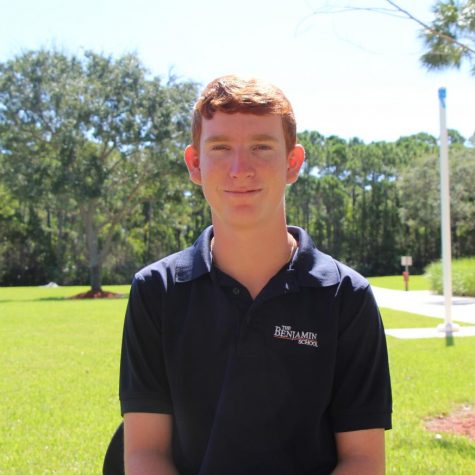
Matthew Marasco is an Editor-in-Chief of The Pharcyde. Starting on The Pharcyde as a sophomore, he has attended Benjamin since Kindergarten. He likes to...


